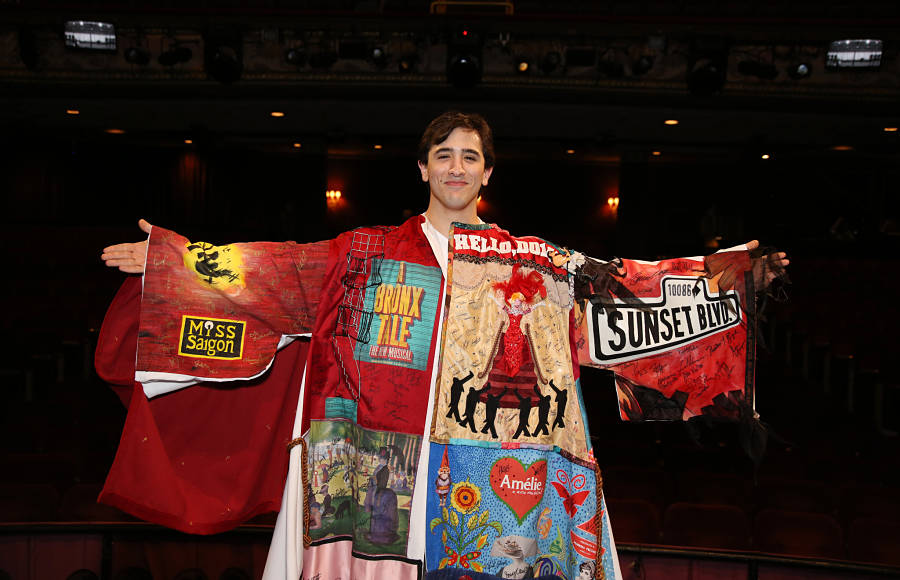It is fair to say that until last spring, very few people who are not directly connected to Broadway Theatre knew about the “Gypsy Robe”—that is, until Actors’ Equity Association announced in April that it would be renaming the decades-old ritual (the new name, “Legacy Robe,” was announced today).
We are not, of course, performers who have ever received the Robe, which goes to the longest-serving chorus member of the cast of each Broadway show. We write instead as scholars, taking a deeper look at what this word means to the Romani community, and why this name change is so important.
Despite the fact that Roma have historically been known in English as “Gypsies,” the term “gypsy” is insulting to many Roma because it is often used as an ethnic slur. To “gyp” means to steal or swindle, perpetuating negative stereotypes of Roma. Romani activists equate “Gypsy” to terms of derision like “k**e” or even the “n” word.
The label “Gypsy” also conveys a mistaken place of origin. “Gypsy” was originally a shortened form of Egyptian; however, Roma are not from Egypt, but rather from India (Rajasthan, to be precise). English speakers also use “gypsy” to refer generally to nomadism: for example, itinerant actors and gypsy cabs (which are illegal, implying illicit activity). This is also misleading when applied to Roma, as most Romani subgroups are sedentary. But people still falsely assume that Roma are nomadic, which leads to fundamental misunderstandings.
The “Gypsy” stereotype comprises both the romantic and the criminal. On the one hand, Romani people are purported to be dangerous, dirty, untrustworthy nomads who beg and shun steady work; on the other hand, they are artistic, musical, beautiful, sexual, and exotic. Both of these stereotypes are harmful because they reduce Roma to formulas imposed by outsiders; they have little to do with real Roma.
Another connotation of the term “gypsy” is the concept of free spirit, often invoked in music, but nothing could be further from the truth. Today, the 10-12 million Roma in Europe face structural racism, everyday violence, and high levels of unemployment and prejudice. Discrimination exists here in the United States for the one million American Roma, who come from every European sub-group. For example, police trainings in “gypsy criminality” are held in many cities.
In addition, stereotypes proliferate via the appropriation of Romani culture in food, fashion, music, and theatre. For example, Americans can buy Halloween costumes labeled “Gypsy/Pirate,” which says something about how images of Roma/Gypsies have enduringly had unsavory associations.
It may seem unnecessary for people to think critically about the word “Gypsy” when it has taken on meanings seemingly unrelated to Romani people. But Roma activists care about this a great deal. For a Romani child in the United States, for example, the conflation of ethnic terminology with stereotypes of nomadism and criminality has very real consequences. When Romani children of color are asked about their origin, they can either explain that they are Roma, commonly known as Gypsies, or they can hide their heritage. Not wanting to be stereotyped by the term Gypsy, most choose the second option, which leads to shaming.
We would like to applaud Actors’ Equity for stopping the use of “Gypsy” to refer to itinerant chorus members. We hope this might serve as a model for other organizations, such as music festivals, in examining their disrespectful terminology.
Petra Gelbart is a Romani educator, music therapist, and curator for RomArchive. Carol Silverman is professor of cultural anthropology and folklore at the University of Oregon, and co-curator of music for RomArchive. Both Gelbart and Silverman are on the board of directors of Voice of Roma.


